Manso Tontokrom Unit Committee Chairman Urges Ghanaians to Take Initiative in Community Development
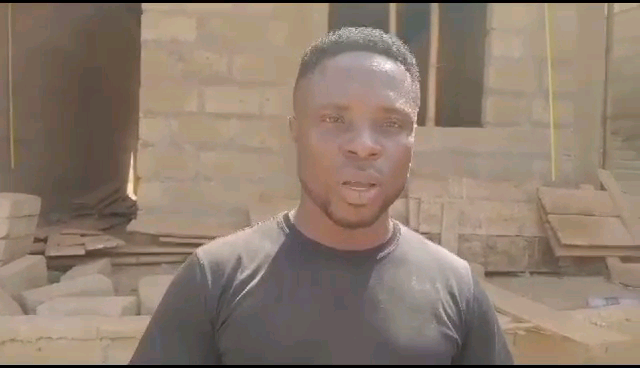
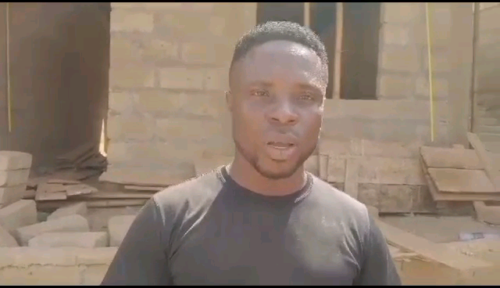
Mr. Kwabena Animonyam, the Unit Committee Chairman of Manso Tontokrom, popularly known as Komfuo Kwadae, has called on Ghanaians to take proactive steps in driving their own community development initiatives, rather than solely relying on the government for support. His remarks came during a media tour showcasing several successful community-driven projects in the area.
Speaking to the media, Mr. Animonyam emphasized the importance of communities taking the first step in initiating development projects. He stressed that once the community takes the lead, government support can follow to ensure that these projects are completed.
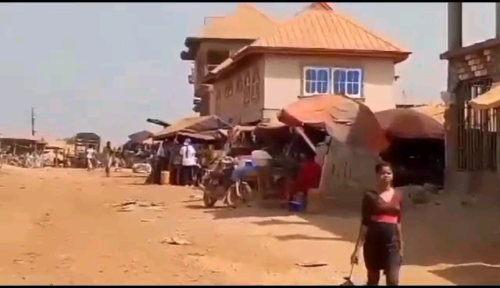
“Government cannot do everything for us in our community development. We, the residents, must start something for the government to come and support us,” said Mr. Animonyam. His call was aimed at encouraging other communities to actively participate in their own development efforts, highlighting that self-reliance and initiative can often prompt the needed government intervention.
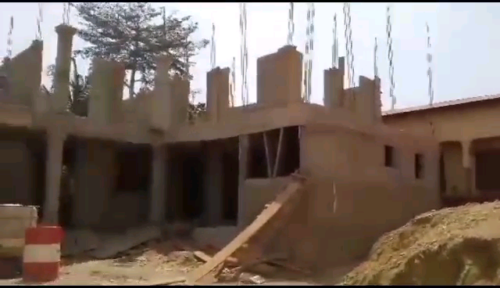
During the media tour, several noteworthy projects in Manso Tontokrom were showcased. Among them were the ongoing construction of a three-unit Junior High School classroom block and a teachers’ bungalow. These developments are the result of a collaborative effort involving the Unit Committee, Assembly member, committee members, and residents who worked together to address the community’s educational infrastructure needs.
One of the significant achievements that Mr. Animonyam proudly shared was the community’s swift response to a power outage. The transformer supplying electricity to Manso Tontokrom had been destroyed, but rather than waiting for government aid, the community took matters into their own hands. With the leadership of the Unit Committee, funds were raised, and a new transformer was purchased and installed.
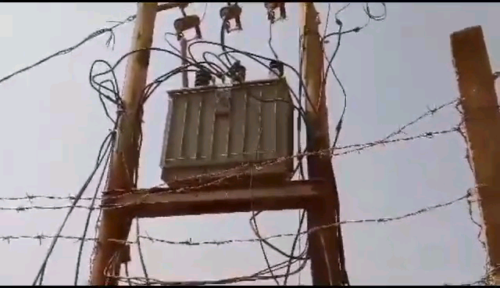
“We did not wait for the government. We took it upon ourselves, raised the funds, and got the transformer fixed for the community,” Mr. Animonyam explained, demonstrating the community’s spirit of self-reliance.
Looking ahead, Mr. Animonyam called for further government support to complete ongoing projects, including the construction of a community center. While the residents of Manso Tontokrom remain committed to contributing to these initiatives, they still require government assistance to see them to completion.
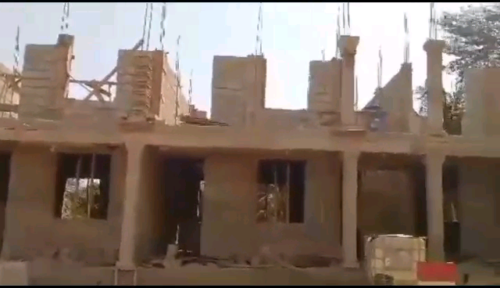
Despite the community’s achievements, challenges remain. Mr. Animonyam highlighted a shortage of teachers in local schools and urged both the government and the Amansie South Education Directorate to post more teachers to improve the quality of education in the area.
“We need more teachers in our schools. It is essential for the growth and development of our children and the community as a whole,” he noted.
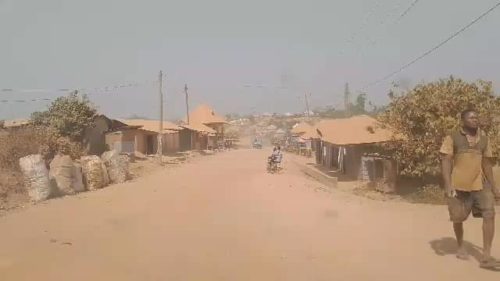
Beyond development, Mr. Animonyam also reflected on the significant social improvements in Manso Tontokrom. Since the formation of the new Unit Committee, the community has witnessed a reduction in conflict and violence, particularly between residents and mining companies operating in the area. These efforts have helped foster a safer and more peaceful environment, which has positively impacted daily life.
“There is now peace in Manso Tontokrom. The fighting and unrest caused by mining companies have been resolved. The community now has a good name,” Mr. Animonyam stated proudly, underscoring the transformation of the area from a site of conflict to one of harmony.
Despite these strides, Mr. Animonyam did not shy away from highlighting the need for better infrastructure. He made a fervent appeal to the government to address the poor road conditions in the Amansie South District, noting that the roads are a significant hindrance to the community’s development. The bad roads make it difficult to transport goods, access services, and foster economic growth.
“The roads in our district are in a terrible state. If we want to grow and thrive, these roads need urgent attention,” he urged.
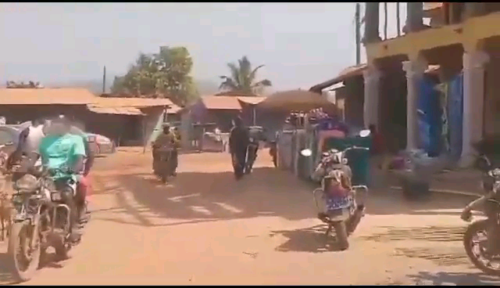
As Manso Tontokrom continues its journey of self-improvement, Mr. Animonyam’s message remains clear: community-driven efforts, backed by government support, are key to sustainable development. The success of these projects stands as proof that when citizens take responsibility for their own future, they can drive meaningful change in their communities.
By Simon Opoku Afriyie





